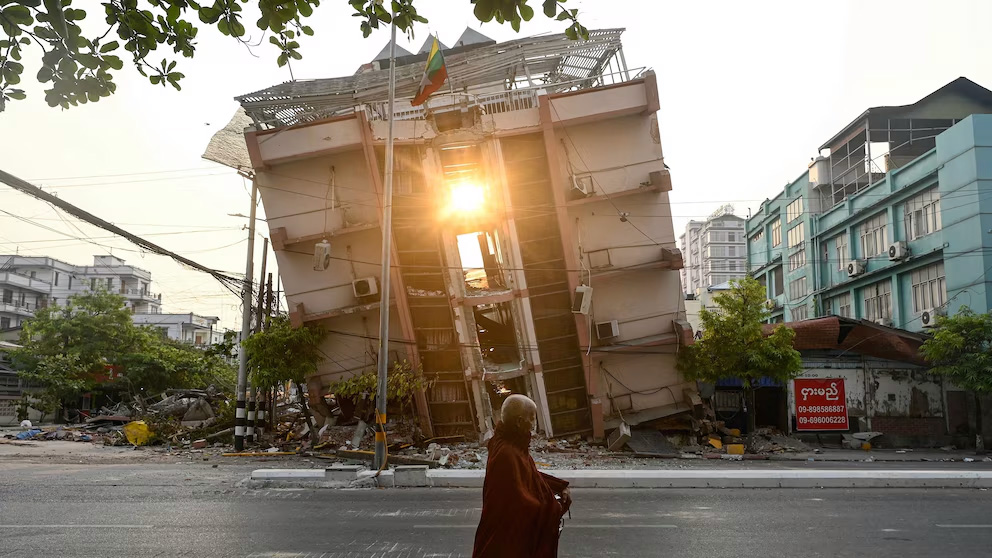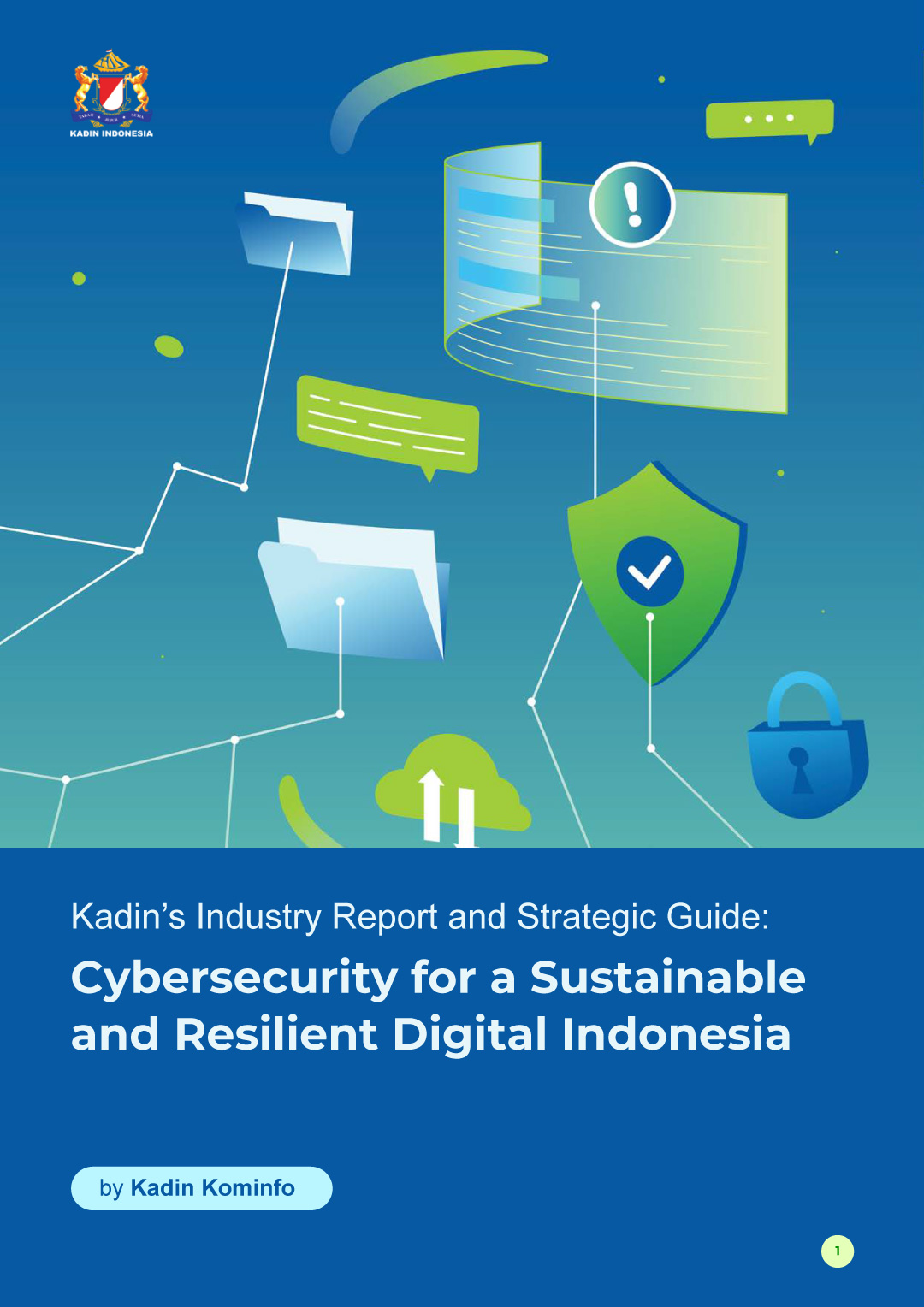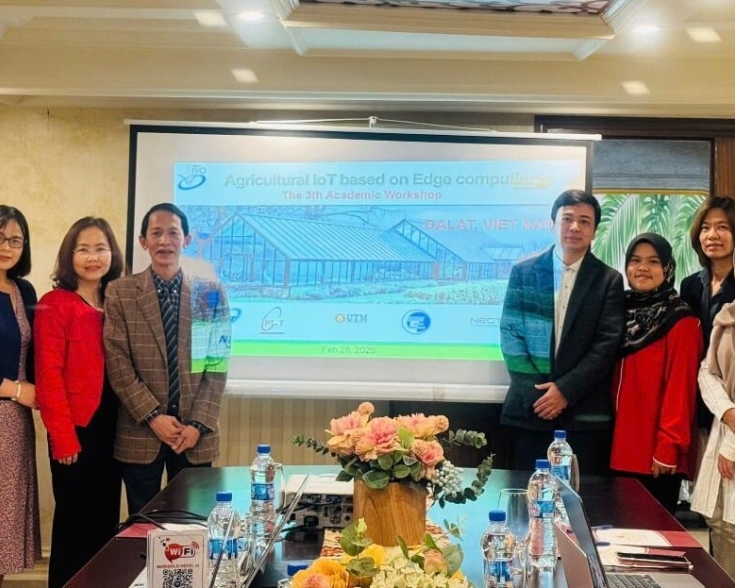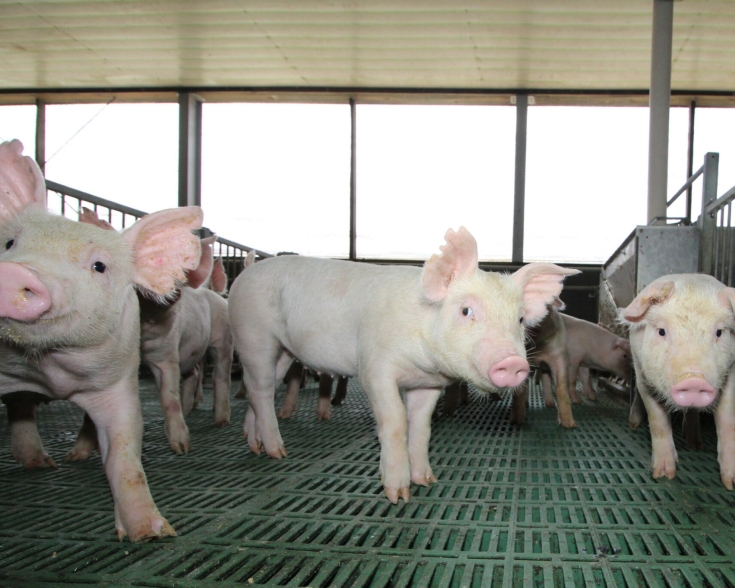Developments in Carbon Capture and Storage in Indonesia
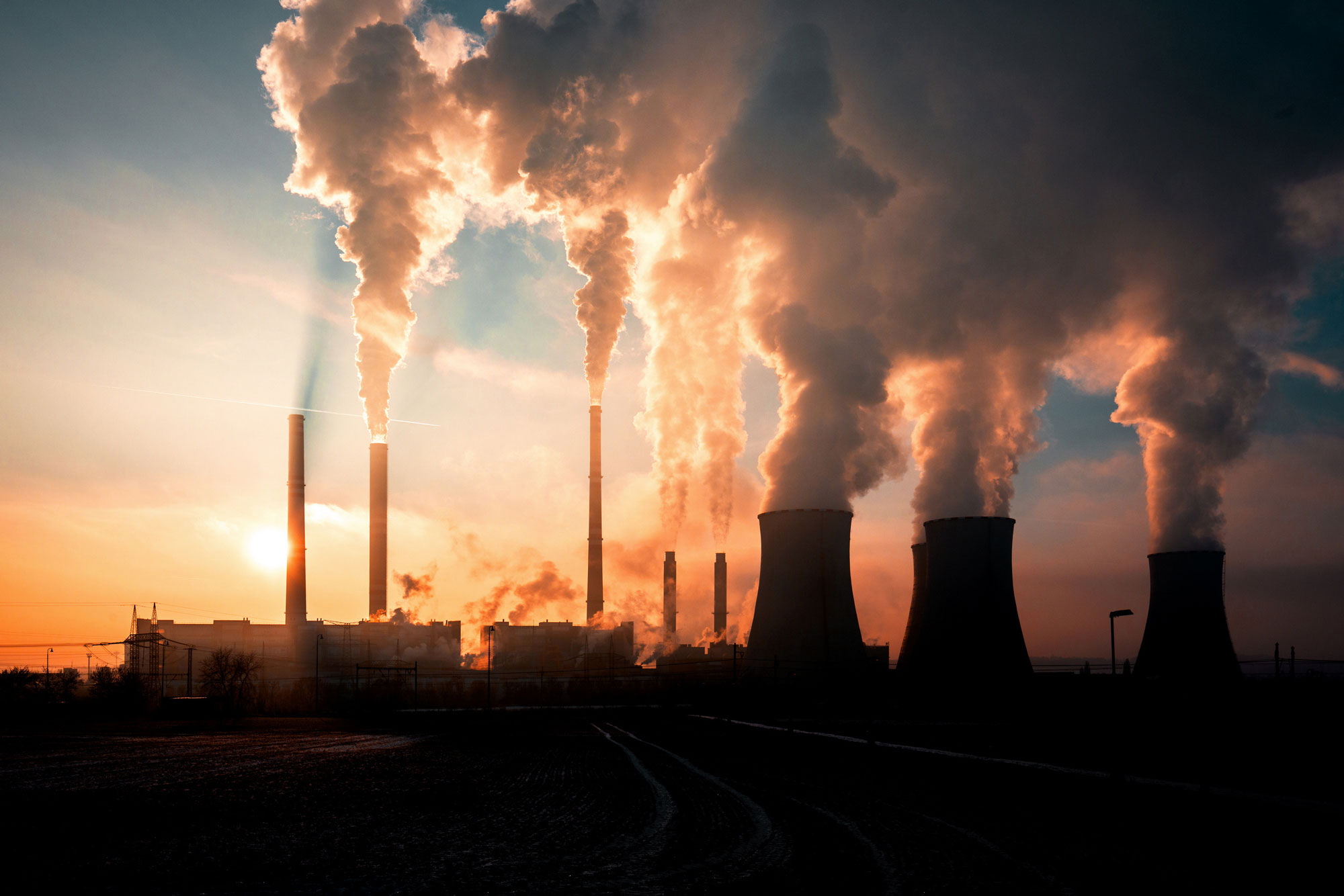
On January 30, 2024, President Regulation Number 14/2024 on Carbon Capture and Storage (CCS) was approved, expanding CCS activities beyond the traditional oil and gas industry to include other industries and smelters. The regulation paves the way for collaborative efforts to combat climate change through bilateral cooperation agreements.
However, criticisms have emerged. The absence of a clear roadmap for fossil energy phase-out, particularly coal-fired power plants, could potentially prolong the use of non-renewable sources as a solution to the energy transition. Furthermore, the establishment of Carbon Storage Permit Areas lacks a precautionary approach for environmental, health, and safety risks, with no defined strategic steps for environmental recovery and accountability mechanisms.
Despite these concerns, the country’s first carbon storage project has been launched in West Papua province. Currently, there are 15 CCS and carbon capture, utilization and storage (CCUS) projects in various stages of preparation with a combined investment of nearly $8 billion. In the region, Indonesia, Malaysia, and Singapore are ahead in this effort, which potentially facilitate widespread deployment of CCUS technologies in Southeast Asia.



